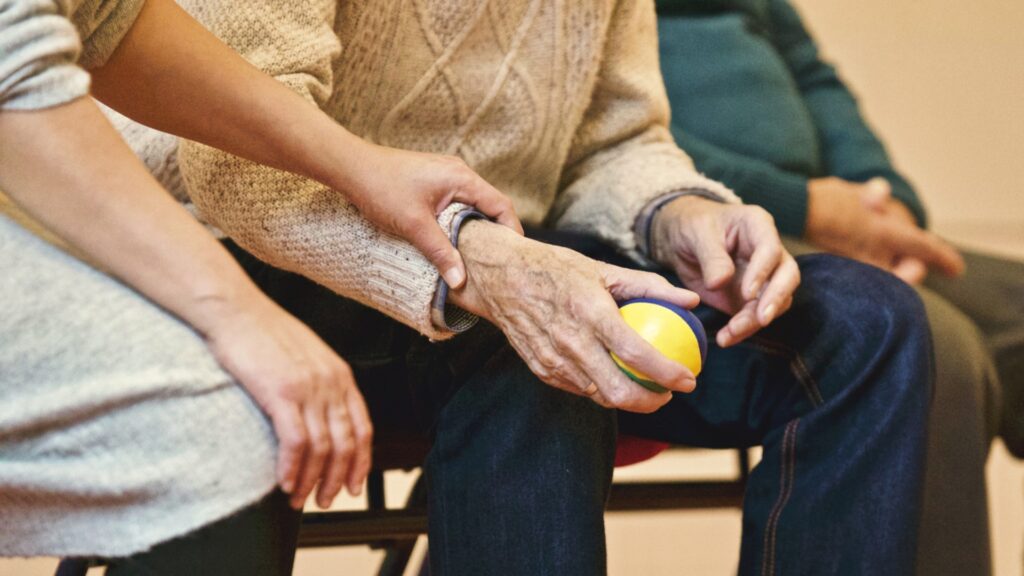Our firm has been meeting with more and more elderly or retired individuals who are experiencing financial difficulty due to the actions of family, friends, or hired caregivers. Many individuals who are retired, disabled, or on a source of fixed income rely upon others to assist with matters such as healthcare, errands, and home maintenance. When trust is placed in the wrong individuals – even family – financial problems can occur. In some unfortunate circumstances, the filing of a bankruptcy may be necessary.
Elderly individuals may share a bank account with their children or grandchildren, so that their relatives can have access to their funds in the event of an emergency. However, this makes such individuals susceptible to theft or financial transaction card fraud, when their family members take liberties with their access to their bank account. If someone doesn’t have any close family, they may give such access to a friend or caregiver, which can lead to the increased possibility of abuse. And when these rogue friends or family members have looted the victim’s bank account, they may proceed further and attempt to use the credit cards of the elderly person without their permission. Because these family members or caregivers also have access to personally identifiable information, such as Social Security numbers, they can apply for new credit cards without the knowledge of the person for whom they should be caring.
Such activity may go unnoticed until the elderly individual begins to receive collection calls, or is notified that checks and preauthorized debits from their bank account are being returned unpaid. Bigger problems can arise when someone has been entrusted to make payments on secured debts, like a vehicle or home mortgage, and fails to do so for an extended period of time. This can lead to a foreclosure or repossession, with catastrophic consequences.
By the time that the malicious activities discovered, it may be too late to salvage an affordable repayment plan. Because this type of activity targeting elderly individuals has been increasing, the necessity for some type of bankruptcy intervention to protect assets and financing of these victims is also increasing. But with the idea of avoiding financial losses, and having to resort to bankruptcy, there are numerous steps that can be taken to protect yourself or a parent or even grandparent that you think may be personally vulnerable.
- It’s always a good idea to have a power of attorney, in the event that you should become incapacitated or incompetent. However, it is recommended that you consult with an attorney, so that the powers that are given are not so broad or overreaching as to allow someone to have unbridled access to all of your financial affairs. Be very specific about what your power of attorney allows, and does not allow. Additionally, specify clear instances of prohibited conduct which will allow for revocation of the power of attorney.
- If you have multiple children, allow them all to receive information about any bank accounts or credit union accounts. This will prevent one family member from monopolizing the information, and keeping the innocent children in the dark while the parent’s funds are filtered out of the account. Likewise, if you are relying on a friend or caregiver to manage your finances, it is still a good idea to allow information about the account to be accessible by additional individuals, for the same reason. More eyes means less opportunity for theft or mismanagement.
- Check your credit report on a regular basis to make sure that there is not any unexplained loan or debt activity. This is also a good way to verify that the payment of debts entrusted to a third-party is being made on a timely basis. As an additional safeguard, you can also contact the credit reporting agencies and request that no loans or credit can be extended without your personal appearance at the lending institution.
- Don’t be afraid to communicate with family members if you believe that funds are being wrongfully removed from your account, or credit cards used or acquired without your permission. Many times the fraud or theft continues simply because the victim is ashamed or embarrassed to notify their family.
- Probably the simplest precaution is to communicate on a regular basis with your family members, and to not place too much trust in somebody that you have not known for a long period of time. Be aware of any attempts to isolate you from friends, family, church, or other out of the house activities. And if you are a child or grandchild, be suspicious of anyone whom you feel your parent may be over-reliant on. Just because somebody is friendly and attentive does not necessarily mean that they will have your best interest at heart, or the best interest of your parent or grandparent.

